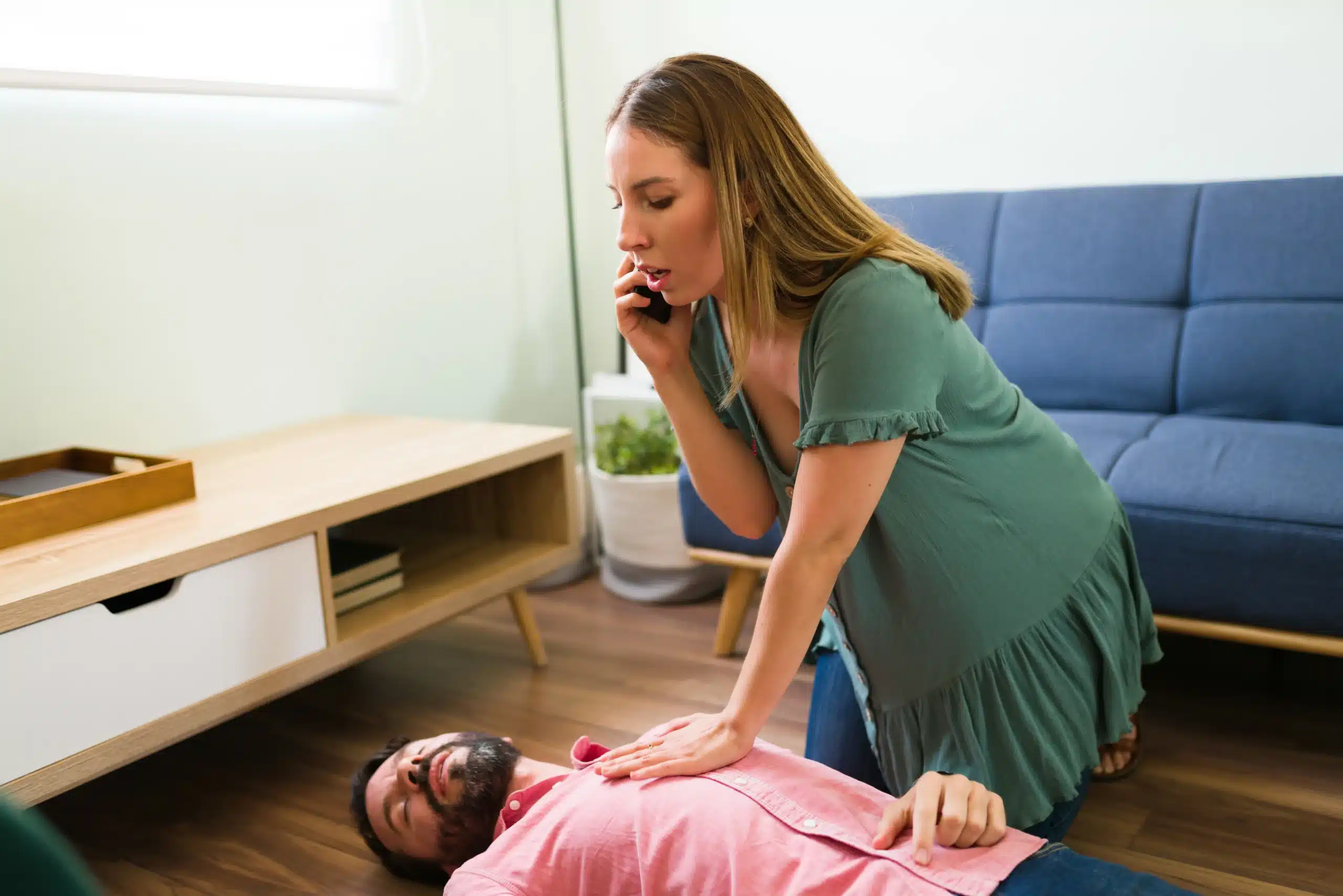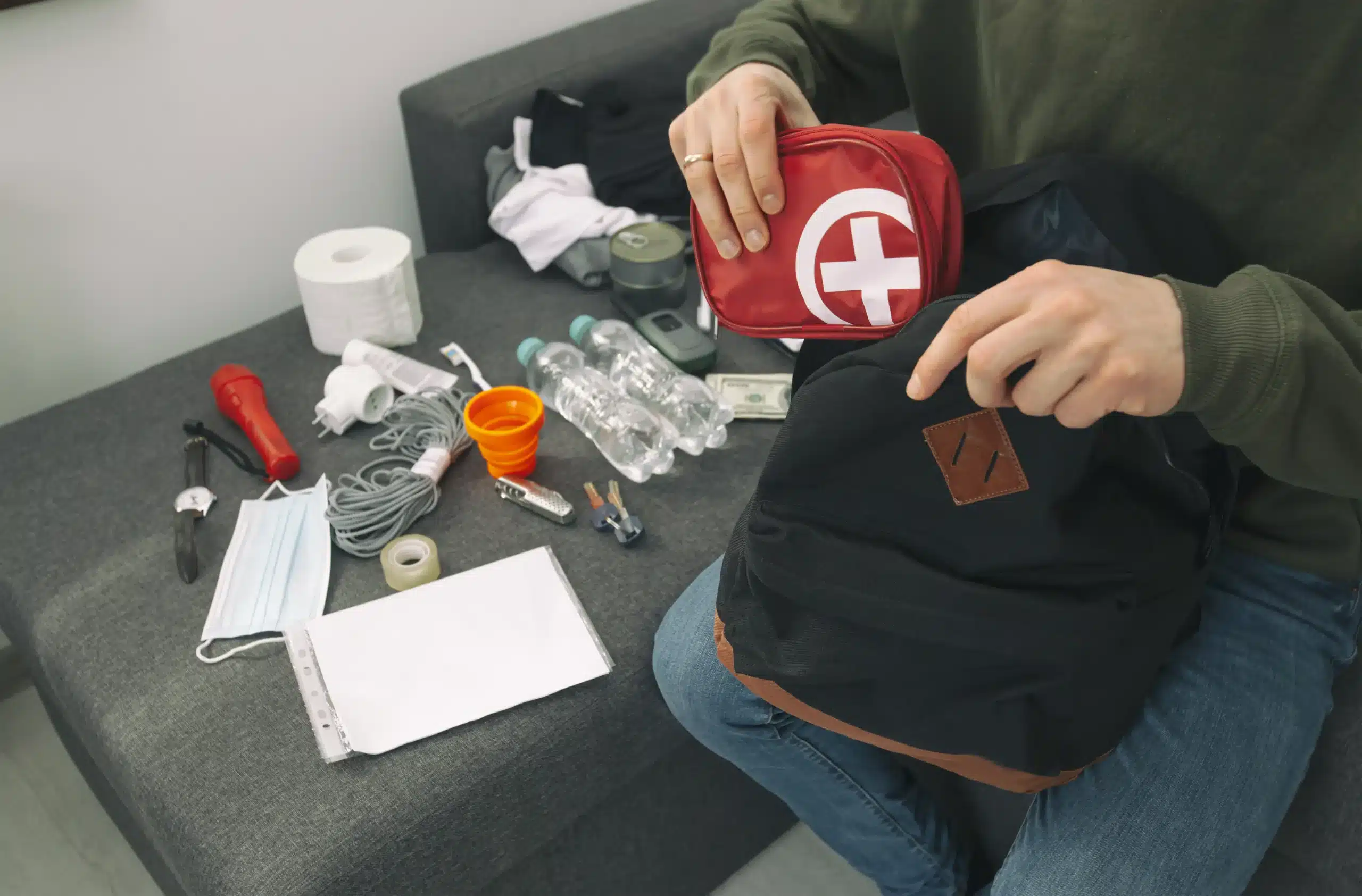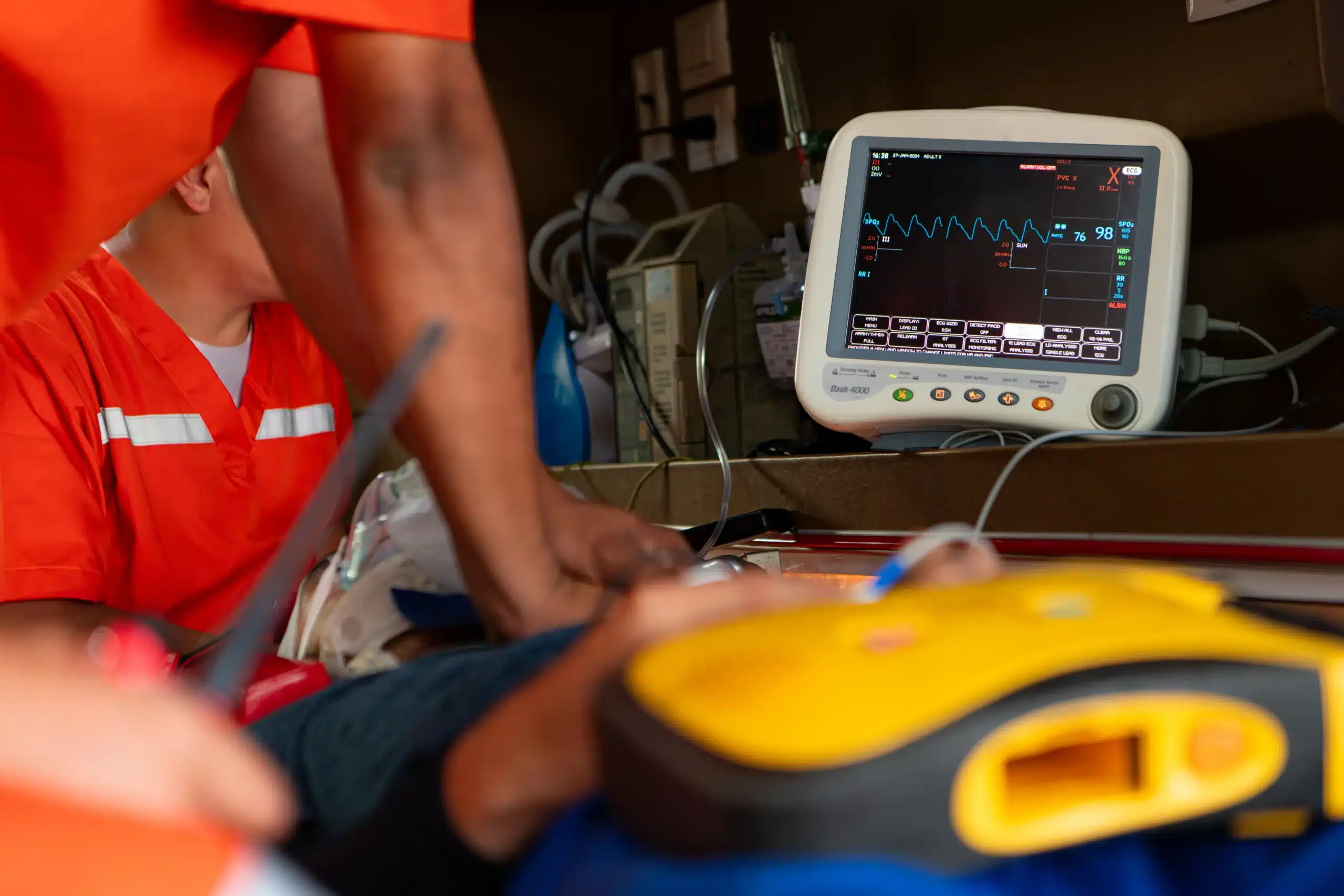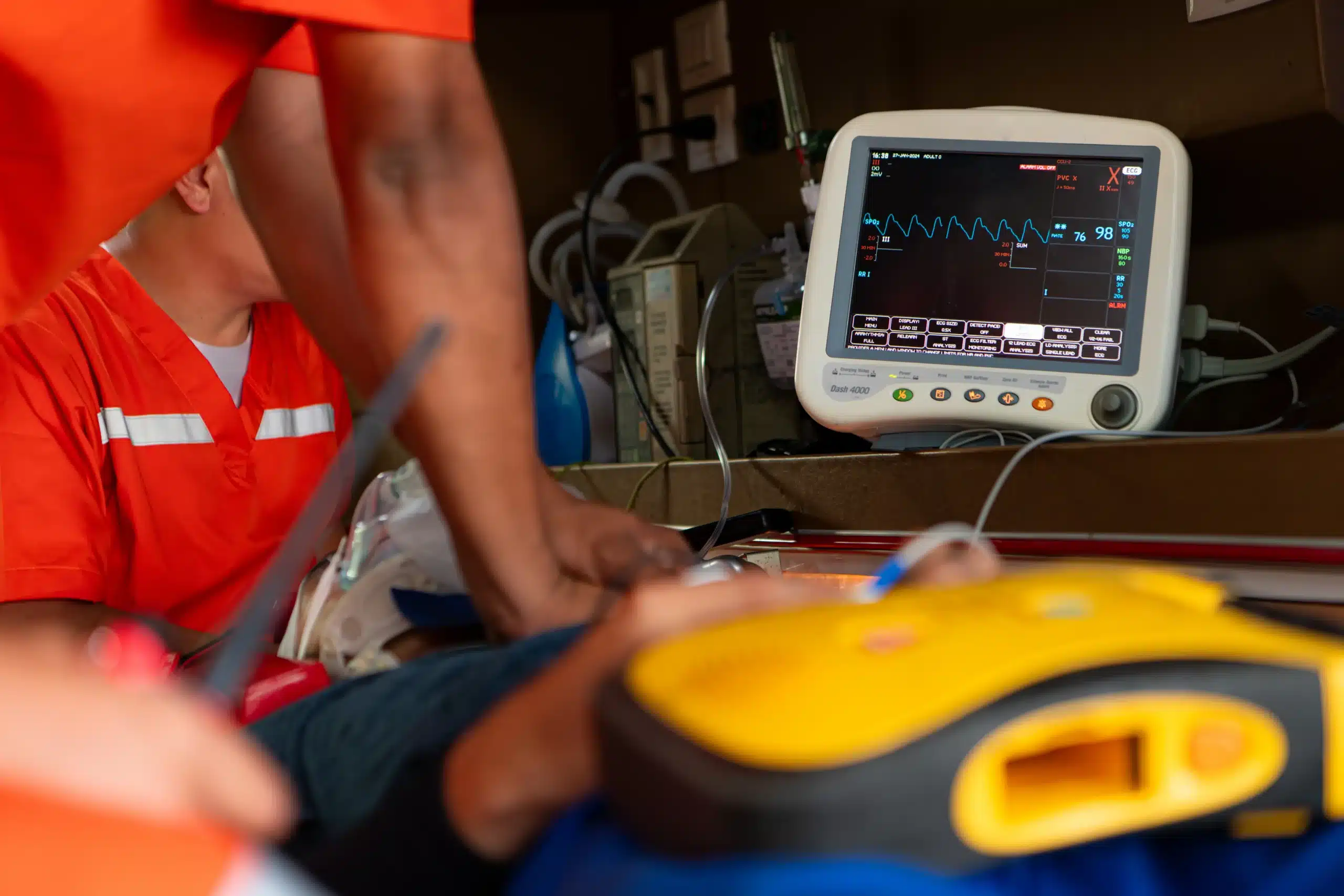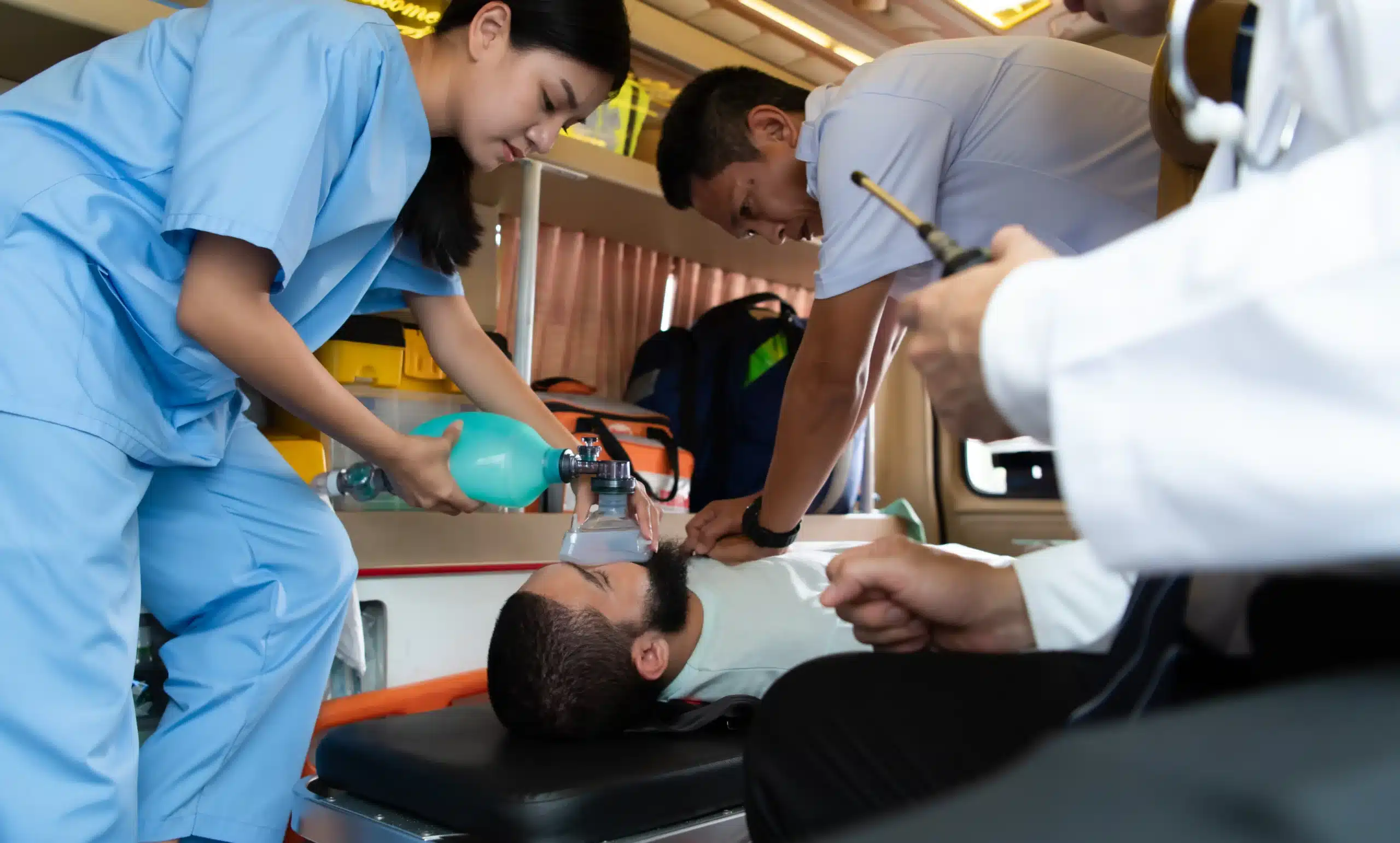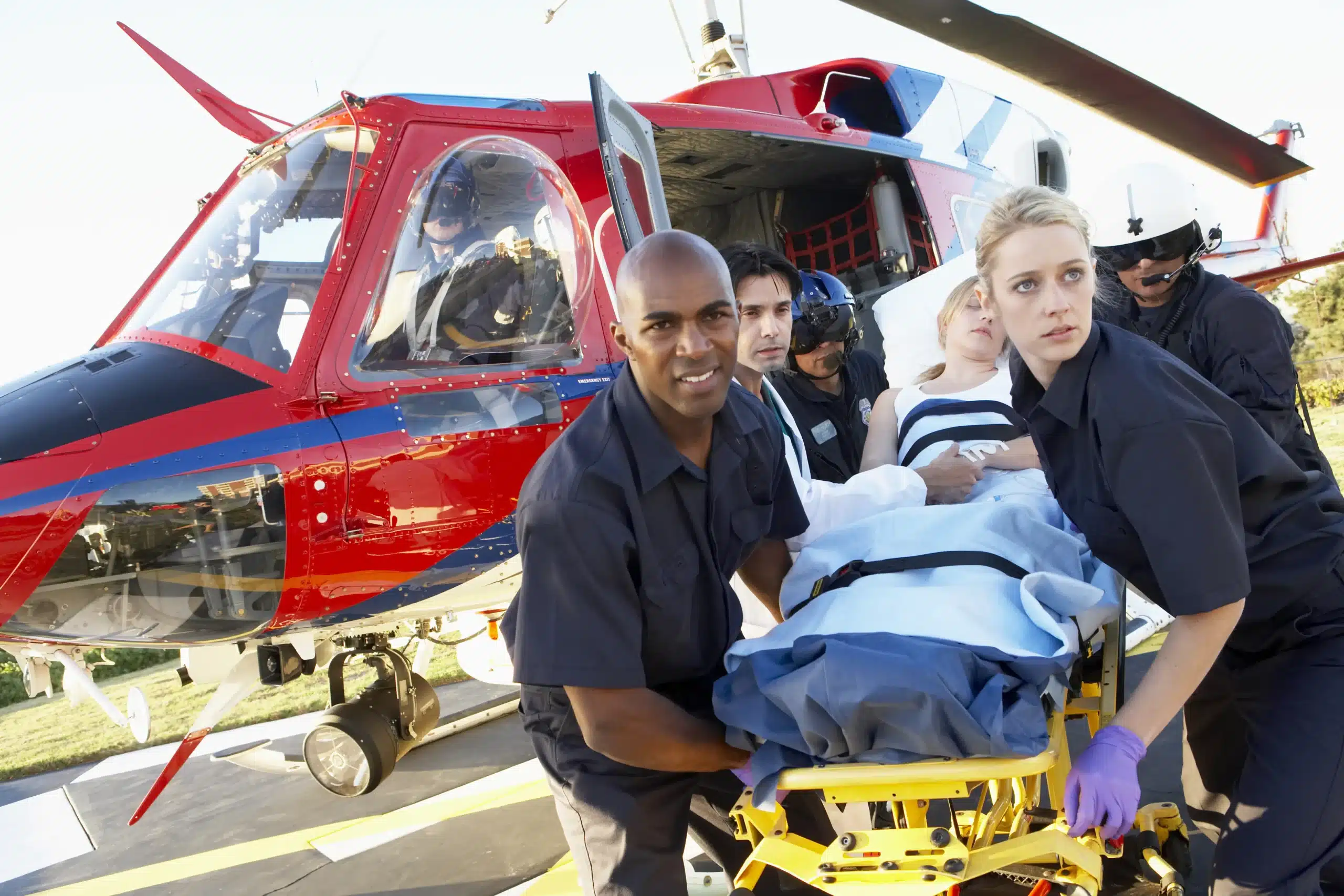Experiencing cardiopulmonary resuscitation (CPR) after a cardiac arrest is often a life-altering event. While survivors may celebrate a second chance at life, the aftermath frequently involves psychological challenges that can affect both well-being and day-to-day functioning. From anxiety and depression to PTSD, the mental health landscape for CPR survivors can often remain overlooked.
This blog will serve as your guide to understanding psychological recovery for CPR survivors. We will explore the emotional impact, practical coping strategies, and available professional help, reinforcing the critical role of emotional recovery alongside physical healing.
What You’ll Learn Here
- The emotional and mental challenges CPR survivors may face.
- Effective coping strategies for both survivors and their families.
- How addressing psychological recovery can boost overall health.
If you or a loved one are navigating post-CPR life, this post will provide essential tools and insights to support the road to recovery.
Understanding the Psychological Impact of CPR
While CPR saves lives, the experience can leave lasting emotional and psychological scars. It’s not uncommon for survivors to grapple with intense feelings and long-term mental health challenges. Here’s what you need to know:
Immediate Emotional Responses
Waking up after resuscitation can be disorienting. Many survivors describe feeling shaken, scared, and confused. These responses often stem from the shock of the event and the realization of a near-death experience.
Common reactions include:
- Fear: Survivors often worry about their health and whether another cardiac event could occur.
- Confusion: They may struggle to process what happened, especially if they lost consciousness during the arrest.
- Anxiety: The trauma of the event can leave survivors hypervigilant, constantly worrying about their physical condition.
Beyond immediate reactions, some survivors develop Acute Stress Disorder (ASD), characterized by:
- Flashbacks or intrusive memories.
- Increased irritability or difficulty concentrating.
- Hyperawareness of bodily sensations.
Long-Term Effects on Mental Health
For some survivors, the initial shock fades, but unresolved trauma can develop into more severe conditions, such as:
- Post-Traumatic Stress Disorder (PTSD): PTSD affects up to 27% of CPR survivors. Symptoms include nightmares, intrusive thoughts, and emotional numbness.
- Depression: Feelings of sadness, hopelessness, or guilt can linger long after physical recovery. Depression rates in survivors range from 14% to 45%.
- Survivor’s Guilt: The thought of having lived through the event when others may have not affects some survivors deeply.
Survivors also face a shift in worldview, reflecting on mortality and the meaning of life. This heightened awareness often leads to significant lifestyle changes or questions about one’s purpose.
Why Screening Matters
A study published in Resuscitation Journal highlights the importance of psychological screening and early mental health intervention for this group. With anxiety and depression rates as high as 61%, early identification of distress is essential for both survivors and their families.
Coping Strategies for Survivors and Families
Achieving psychological recovery requires actionable steps and a strong support system. Below are effective strategies to help survivors and their loved ones:
Mindfulness-Based Techniques
Mindfulness helps manage stress and reduce anxiety while fostering mental clarity and emotional regulation. Some helpful practices include:
- Meditation: Spend just 10 minutes a day focusing on your breathing. Apps like Calm and Headspace can guide you through meditation sessions.
- Journaling: Use a notebook to document your thoughts and emotions. This practice provides clarity and helps process trauma.
- Yoga: Gentle movement and intentional breathing can release built-up tension in the body while calming the mind.
Support Networks
No one should face recovery alone. Building or joining a support network is vital:
- Family and Friends: Loved ones play a crucial role in emotional recovery. Communicate openly about your fears and challenges.
- Support Groups: The American Heart Association offers survivor-specific forums where individuals can connect with others who’ve had similar experiences.
If you feel isolated, consider checking out Facebook groups or Reddit communities specifically geared toward CPR survivors.
Lifestyle Adjustments
Holistic healing starts with healthy habits. Commit to small, consistent steps to regain physical and mental balance:
- Regular Physical Activity: Gentle exercises such as walking, swimming, or stretching can uplift your mood and support cardiovascular health.
- Balanced Nutrition: Eating nutritious meals improves both your energy levels and mental state.
- Quality Sleep: Develop a bedtime routine that promotes restful sleep. Avoid screens, heavy meals, or caffeine before bed.
Creating sustainable daily routines will provide a sense of control, aiding in the recovery process.
Seeking Professional Help
Professional therapy is often necessary to address long-term challenges such as PTSD or depression. Keep in mind these options:
- Cognitive Behavioral Therapy (CBT): This widely recommended therapy helps identify and change negative thought patterns.
- Eye Movement Desensitization and Reprocessing (EMDR): Designed for trauma survivors, EMDR focuses on reducing the intensity of traumatic memories.
Tips for choosing the right therapist: Look for professionals who specialize in trauma or health-related stress, and ensure they’re certified in evidence-based techniques like CBT or EMDR.
Don’t hesitate to reach out to certified organizations or your healthcare provider to explore mental health resources in your area.
Why Psychological Recovery is Essential
Addressing the psychological aspect of post-CPR recovery is paramount. Here’s why emotional well-being is just as critical as physical rehabilitation:
- Reduces Overall Stress: Mental health challenges can strain the body, delaying physical recovery.
- Improves Quality of Life: Emotional support helps survivors find joy and confidence as they regain their daily routines.
- Strengthens Relationships: Open communication and shared recovery strategies foster healthier connections with loved ones.
Empowering Yourself Through CPR Training
If psychological recovery as a concept resonates, consider another empowering step—getting CPR certified. By learning CPR, you’ll gain the tools to assist others while strengthening your own understanding of life-saving techniques.
Search for certified CPR training providers like Safety Training Seminars. These organizations often offer specialized courses in Rocklin, CA including:
- CPR and First Aid
- Basic Life Support (BLS)
- Advanced Cardiac Life Support (ACLS)
- Pediatric Advanced Life Support (PALS)
Whether for personal growth or to build workplace readiness, CPR training is one of the best ways to support your community.
Moving Toward Healing and Resilience
Recovering after CPR is a deliberate process that takes time, empathy, and the right tools. With a better understanding of the psychological challenges and strategies we’ve shared, you or your loved one are better equipped to take control of the healing process. Remember:
- Seek mental health screening early.
- Build and nurture strong support systems.
- Don’t hesitate to work with a professional therapist when needed.
For all the survivors reading this, your resilience and strength are truly remarkable. Help others in your circle by sharing this article or checking out CPR training courses to be a pillar in your own community’s safety.
Together, we can ensure every survivor finds the emotional and physical support they need to thrive.

